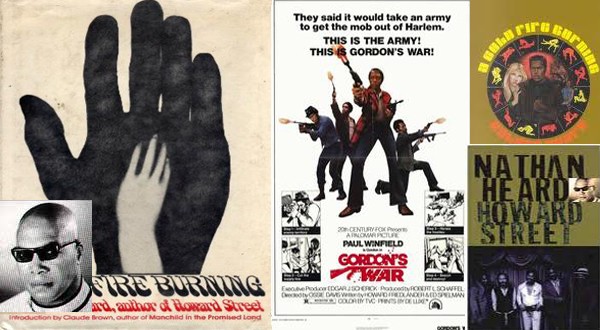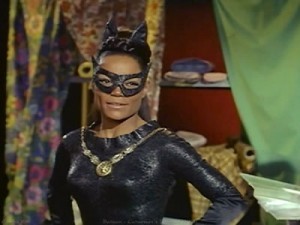Nathan Cliff Heard was born in Newark on Nov. 7, 1936, to Nathan E. Heard, a laborer, and Gladys Fruitt, a blues singer. He never completed high school, and always listed New Jersey State Prison in the education section of his résumé. Nathan C. Heard, a novelist, wrote realistically of prison life and the mean streets of Newark, NJ.
Mr. Heard began writing while serving eight years in New Jersey State Prison for armed robbery and violation of his parole. ”I just started reading to pass the time, mainly,” ”Before I went to prison, I had read two books in my life, ‘The Babe Ruth Story’ and ‘The Lou Gehrig Story,’ because I wanted to be a ballplayer.”
It was not until fellow prisoner Harold Carrington introduced him to the masters—Langston Hughes, Samuel Beckett, James Baldwin, Jean Genet, Amiri Baraka, and others—that Heard began to write, at first about music and African history. In 1963, encouraged by his fellow inmates, he wrote the manuscript for To Reach a Dream. Although the novel did not sell, Heard continued to write and read books on writing. In 1968, he succeeded in publishing Howard Street shortly before his release from prison. ”The book came out in November, a month before I did.” The book was praised for its gritty realism of Black urban life and sold more than a million copies.
Following ”Howard Street,” he published four more novels, ”To Reach a Dream” (1972), ”A Cold Fire Burning” (1974), ”When Shadows Fall” (1977) and ”The House of Slammers (1983).
The success of ”Howard Street” led to work as a columnist and speech writer for Mayor Kenneth A. Gibson of Newark during the 1970’s and early 1980’s. He also taught creative writing at Fresno State University in California and at Rutgers University.
Nathan C. Heard is no longer with us, but he left us his writings and he made an appearance in the Ossie Davis film Gordon’s War. Nathan Heard was important to Black literature during the 1970’s because of his unique ability to imbue his writing with a keen perception of his particular worlds. He infuses his fiction (especially his characters) with his own sense of the pain and hardship of the ghetto and the prison. For Heard, they are significant landscapes. Against these backgrounds, he created his fiction, one that illuminates the brutal realities, the hardships, and despair of these worlds he knew well.






1 Comment
Thanks for this synopsis about my dad. This is great!